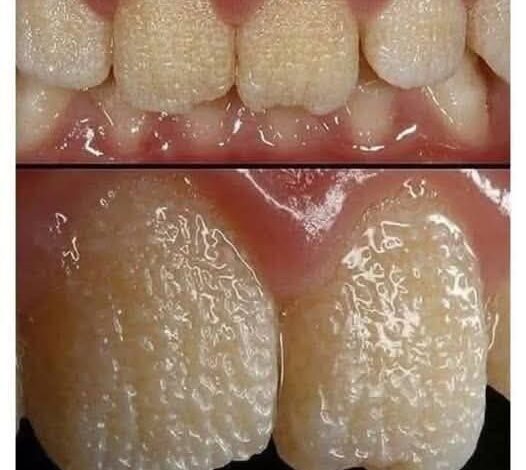Warning Signs: How Amelogenesis Imperfecta Could Be Damaging Your Teeth

Are your teeth unusually discolored, sensitive, or prone to cavities? You might be experiencing Amelogenesis Imperfecta (AI), a rare genetic dental condition that affects tooth enamel development.
What Is Amelogenesis Imperfecta?
Amelogenesis Imperfecta is a hereditary disorder affecting enamel formation—your teeth’s protective outer layer. This dental genetic disorder causes enamel to develop abnormally, resulting in weakened, discolored, or malformed teeth.
Unlike common dental problems, AI impacts both baby and permanent teeth, creating long-term oral health challenges that require specialized dental treatment.
Key Symptoms to Watch For
Tooth Discoloration
AI-affected teeth often appear:
- Yellow or brown instead of white
- Gray or chalky in appearance
- Stained despite good oral hygiene
Increased Tooth Sensitivity
Damaged enamel makes teeth extremely sensitive to:
- Hot and cold beverages
- Sweet foods
- Pressure changes
Structural Problems
- Teeth chipping easily
- Rapid tooth wear
- Poor tooth shape
- Higher cavity risk
Types of Amelogenesis Imperfecta
Dental specialists classify AI into three main types:
- Hypoplastic AI: Thin or missing enamel
- Hypomaturation AI: Poor-quality enamel prone to cracking
- Hypocalcified AI: Soft, easily worn enamel
Causes and Inheritance
This genetic tooth disorder results from mutations in enamel-forming genes. The condition follows either:
- Autosomal dominant inheritance (one affected parent)
- Autosomal recessive inheritance (both parents carry the gene)
Treatment Options for Better Oral Health
While there’s no cure for Amelogenesis Imperfecta, modern cosmetic dentistry offers effective solutions:
Restorative Treatments
- Dental crowns for severely damaged teeth
- Porcelain veneers for cosmetic improvement
- Dental fillings for cavity treatment
- Fluoride therapy to strengthen remaining enamel
Preventive Care
- Regular dental checkups every 3-4 months
- Professional fluoride applications
- Oral hygiene education
- Dietary modifications to reduce acid exposure
Orthodontic Solutions
Dental braces or aligners may be needed if tooth shape affects bite alignment.
Managing the Emotional Impact
Tooth discoloration and structural problems can affect self-confidence. However, modern dental procedures can dramatically improve both function and appearance, helping patients regain their smile confidence.
When to Seek Professional Help
Contact a dental specialist if you notice:
- Persistent tooth sensitivity
- Unusual tooth discoloration
- Frequent cavities despite good oral care
- Family history of similar dental issues
Early dental diagnosis and treatment planning are crucial for managing AI effectively and preventing complications.
Conclusion
Amelogenesis Imperfecta is a serious genetic condition requiring specialized dental care. With proper dental treatment and preventive measures, individuals with AI can maintain healthy, functional teeth and an attractive smile.
If you suspect AI, consult a qualified dentist or genetic counselor for accurate diagnosis and personalized treatment planning. Don’t let this condition compromise your oral health—effective solutions are available.